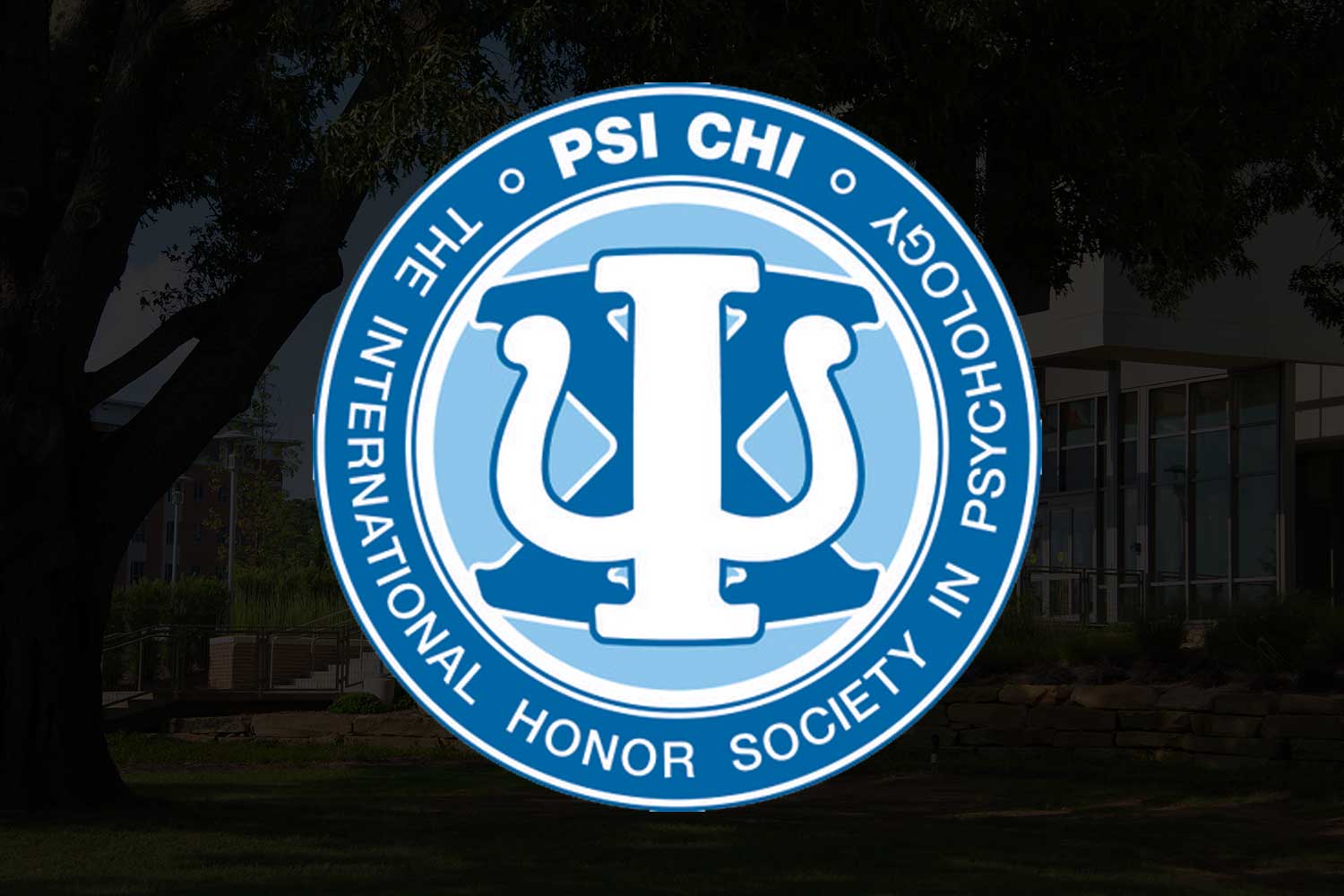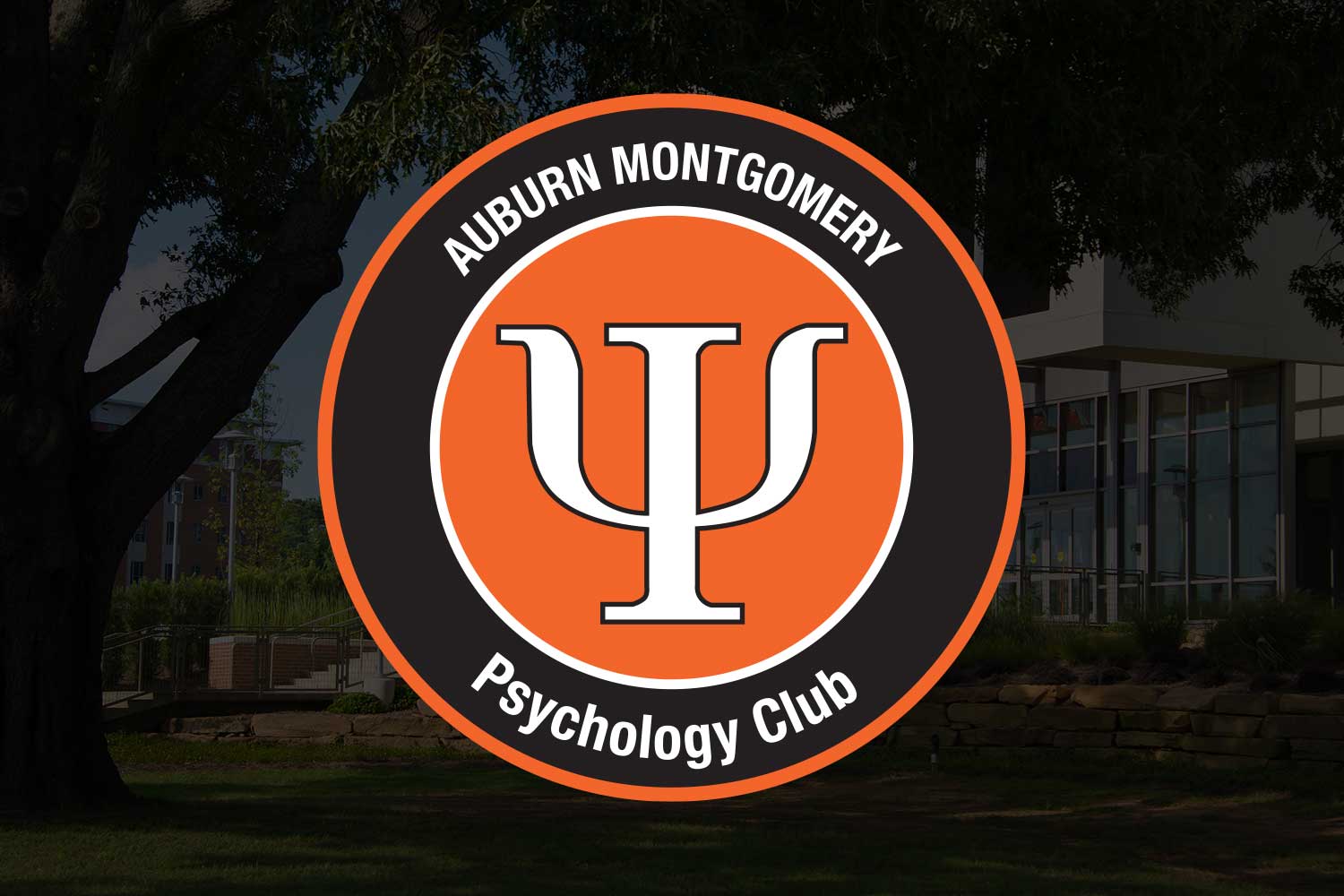A University in Motion. Apply now!
Research Labs and Student Clubs
The psychology department offers numerous opportunities for our undergraduate students to gain valuable hands-on research experience within the field. Students in the research labs will work on various research projects with a faculty advisor and other research lab members. To get started, students should simply review the information provided here to find a lab that matches their interests and contact the associated faculty advisor.
Labs and Clubs We Offer
The Clinical Psychology Lab focuses on research designed to enhance our understanding of psychological distress and dysfunction. A main focus of the lab will be on exploring:
- The relationship between forgiveness and physical and mental health outcomes;
- The relationship between religious coping/appraisals and physical and mental health outcomes. Future research projects will involve examining forgiveness in older adults and in peer perpetrators. We will employ both cross-sectional and longitudinal research designs. Students are encouraged to develop individual and group research projects exploring factors associated with psychological and physical adjustment.
The Cognitive Behavioral Lab focuses primarily on judgment and decision-making processes. Factors such as probability learning, attention, and energy depletion that contribute to suboptimal and risky choice behavior are explored. The results from this work are discussed in terms of how they contribute to our understanding of why people make the choices that they do in their daily life, as well as how human choice behavior compares to that of nonhumans under similar conditions. Students in the laboratory are encouraged to propose original research ideas for data collection.
The Healthy Communities Research Lab conducts research on the relationship between contexts, such as schools and community settings, and the social, emotional, and behavioral development of youth and their families. We are particularly interested in understanding the role settings play in shaping youth experiences such as bullying, victimization, suicidality, and associated behavioral health issues. As a key aspect of this research, we examine the implementation and effectiveness of prevention programs and policies in promoting community health.
Students in the health psychology and epidemiology lab investigate relationships between behavioral patterns and health outcomes using large data sets, primarily the Behavioral Risk Factor Surveillance System surveys. Other specialized health behavior data sets are occasionally used in research (e.g., HINTS, NHANES) and the lab is open to proposals for original research involving data collection.
The industrial (and organizational) psychology misbehavior lab conducts research on facets surrounding employee misbehaviors (e.g., theft, absences, conflicts). This research generally follows two pervading lines of inquiry. The first line of inquiry is concerned with characteristics (e.g., personality, emotional intelligence, individual differences) that predict misbehaviors. The second line of inquiry is concerned with how misbehaviors are structurally related to each other. Additional research projects revolve around the application of individual differences to organizations and advancing methodology to best understand psychological phenomena.
The legal psychology lab’s general research interests are various cognitive and social psychological factors that interact with the legal system. More specifically, we are interested in factors that influence eyewitness memory (e.g., rapport-building, indirect tests of memory, working memory capacity), investigative interviewing, and eyewitness lineups. Students’ theses have explored juror decision-making as it relates to ascribed wealth, crime type, and guilt, and the relationship between mindfulness and cognitive performance. Undergraduates interested in potentially working in the lab should contact Dr. Carol via email ([email protected]) and request a lab application. Graduate students that are interested should email Dr. Carol or come speak to him in person.



Social Cognition Lab
The overarching research interests within the social cognition lab revolve around stereotyping, prejudice, and social categorization. Recent research interests involve investigating the cognitive processes that underlie person and group perception, and how those processes lead to prejudice and stereotyping (i.e., how the hemispheres of the brain perceive person vs. group information differently and the influence of time and familiarity on perceiving others). Other research interests involve investigating prejudice and stereotypes within a purely social setting (i.e., the aspects involved within victim derogation and the influence of cultural change on the perception of immigrants).